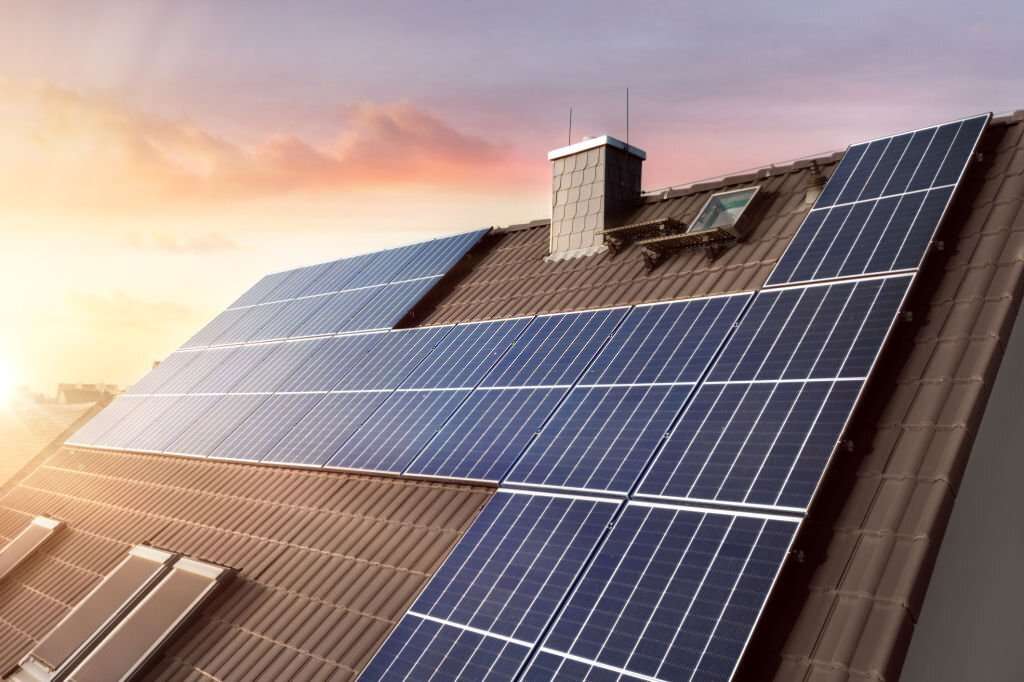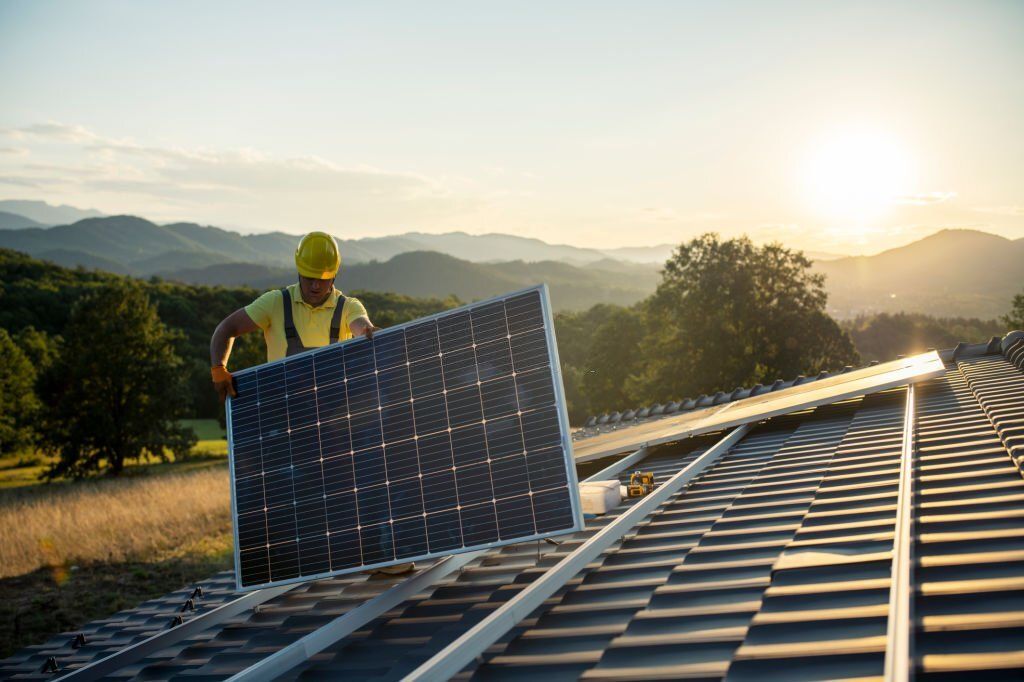
Sep 18,2023
In the age of sustainable living and renewable energy, the adoption of solar panels has seen a remarkable surge. These photovoltaic wonders have reduced our carbon footprint and allowed homeowners to generate their own clean energy. If you're considering switching to solar power, you're likely wondering, "How much is one solar panel on average?" In this comprehensive guide, we will delve into the intricate world of solar panels, breaking down costs, variables, and key factors that determine the price of a single solar panel.
Before we delve into the nitty-gritty details, let's take a moment to consider the key aspects of solar energy systems. Things to consider before installing rooftop solar panels are vital for making an informed decision. Solar panels consist of photovoltaic cells that adeptly transform sunlight into usable electricity. This electricity can serve immediate needs, be efficiently stored in batteries, or even be fed back into the grid.
Several factors come into play when determining the cost of a single solar panel. Let's explore these variables:
Different types of solar panels are available on the market, including monocrystalline, polycrystalline, and thin-film solar panels. Each type varies in terms of efficiency, aesthetics, and price. Monocrystalline panels, known for their high efficiency, are more expensive than polycrystalline and thin-film alternatives.
Solar panels come in various wattages and sizes. The higher the wattage, the more electricity a panel can produce. Naturally, panels with higher wattages often come with a heftier price tag.
The brand and manufacturer of a solar panel can significantly impact its price. Established and reputable companies may charge more for their products due to their reliability and efficiency track record.
The cost of installing a solar panel system involves the panels' price and expenses related to labor, permits, mounting hardware, and electrical work. Installation costs can vary based on your location and the complexity of the installation.
In many regions, government incentives and rebates are available to encourage the adoption of solar energy. These incentives can substantially reduce the overall cost of solar panels. It's essential to research the incentives offered in your area and take advantage of them.
The amount of sunlight your location receives throughout the year plays a pivotal role in determining the number of solar panels you'll need and, consequently, their cost. Areas with abundant sunlight may require fewer panels, reducing the overall expense.

On average, a single solar panel can cost anywhere from $150 to $350 per panel. However, it's important to note that this is a rough estimate, and prices can vary significantly based on the factors mentioned above.
To determine the total cost of your solar panel system, you'll need to consider the number of panels required to meet your energy needs. This calculation is influenced by your energy consumption, location, and the panel's wattage.
The cost of a single solar panel can vary widely based on various factors, including the type of panel, wattage, brand, installation costs, government incentives, and location. While the average cost hovers between $150 and $350 per panel, conducting thorough research and obtaining quotes from reputable solar installers is essential to get an accurate estimate for your specific circumstances.
Switching to solar power is an environmentally responsible choice and a long-term investment that can lead to substantial savings on your energy bills. So, if you're contemplating the switch to clean, renewable energy, now is an excellent time to explore your options and take advantage of solar panels' benefits.
Remember, the cost of a solar panel is just one piece of the puzzle. To make an informed decision, consider your energy needs, available incentives, and the expertise of a professional solar installation company. With the right approach, you can harness the sun's power to create a brighter, more sustainable future for your home and the planet.
Many financing options, including loans and leasing, are available to help make solar panel installation more affordable.
Solar panels have a 25 to 30 years or more lifespan, making them a long-lasting investment.
Solar panels are relatively low-maintenance. Regular cleaning and occasional inspections are sufficient to keep them functioning optimally.
The ability to power your entire home with solar panels depends on factors like your energy consumption, panel efficiency, and available sunlight.
Research local solar companies read reviews, and ask for recommendations from friends or family who have gone solar.
Powered ByTradeWheel.com